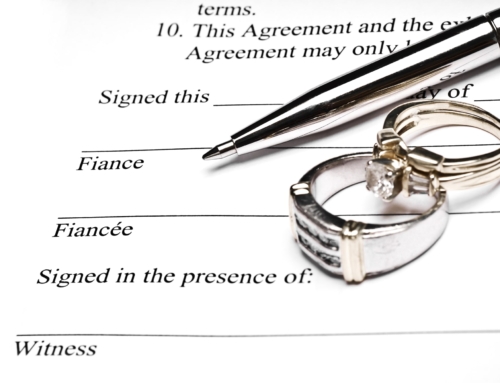Even if you are going through an amicable separation, divorces are a complex matter with lots of decisions to make about what is best for you both. One option to consider is a clean break divorce, a legal arrangement providing a clear resolution to financial matters, allowing both parties to move forward independently.

While clean break solutions are not suitable for everyone, talking it through with a divorce professional can help couples make informed decisions about their financial future.
How does a clean break divorce work?
A clean break divorce involves both parties agreeing to completely cut financial ties. This ensures neither person has any ongoing financial obligations to the other after the divorce. A clean break order will outline the division of assets, including property, savings, pensions and any other financial resources, ensuring fair distribution while providing clarity. Once the order is finalised, neither party can make claims against the other’s income or assets, except for child maintenance.
Who can get a clean break order?
Clean break orders are suitable for couples who want to divide their finances and assets fairly to sever ties and have a completely fresh start. But it is important both agree on the terms. Clean break orders may not be appropriate for couples with complex financial situations or those who require ongoing support, such as spousal maintenance.
What are the pros and cons of clean break divorces vs spousal maintenance?
Clean break divorces offer certainty and finality, allowing divorcing spouses to move on without ongoing financial obligations or disputes. However, when there are significant disparities in income or financial resources, spousal maintenance may be the fairer option.
Spousal maintenance allows for regular payments to be made to an ex-husband or ex-wife when they cannot financially support themselves independently of the other, especially if one party is the primary carer of the children. This arrangement can give more flexibility when deciding on divorce terms, including consideration of future changes in circumstances. For example, you can arrange a delayed or deferred clean break after a set time.
Do both parties have to agree to a clean break order?
For a clean break order to be granted, ideally, both parties should agree to cut ties and provide full disclosure of their assets, debts and other financial resources. If one person disagrees, or if there are unresolved financial matters, the court may not approve the order. However, if necessary, you can apply for a clean break divorce without your spouse’s involvement, but it is strongly advisable to get legal advice if you want to take this route.
Is a clean break order final?
Yes, once a clean break order is approved by a court, it is legally binding and final. Both parties are bound by its terms and cannot make further financial claims against each other, although child maintenance issues are separate from this.
Need more divorce advice? Contact Bellwether Solicitors
Are you looking for a knowledgeable family lawyer? With our office based in Cheam, we have clients from Banstead, Carshalton and surrounding areas. To arrange a chat with our friendly team, please call now on 020 3621 0111 or info@bellwethersolicitors.com.







